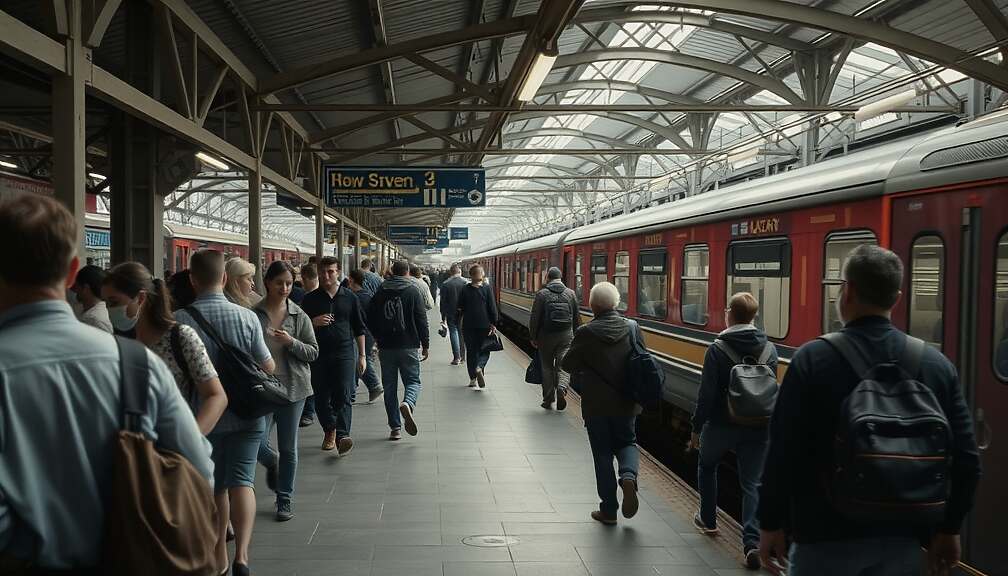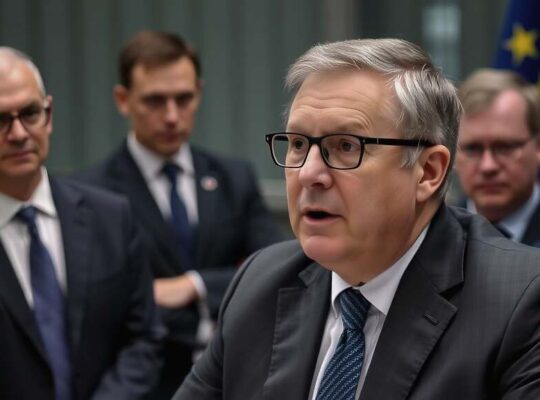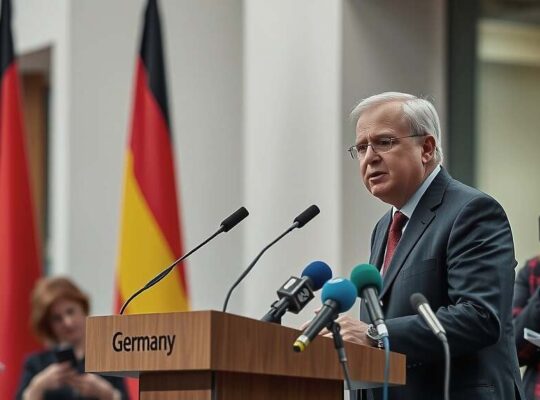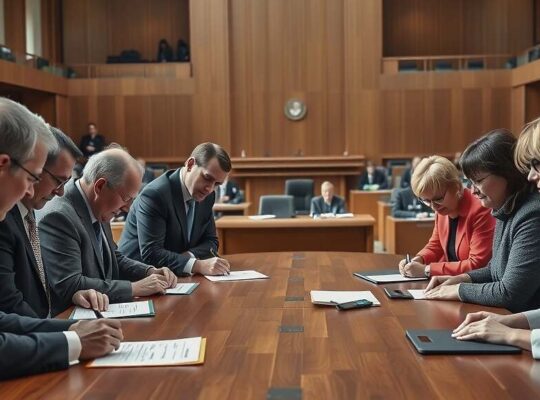The German government’s ambitious plans for a rapid turnaround at Deutsche Bahn, the national rail operator, are facing a stark reality check as Transport Minister Patrick Schnieder has tempered expectations regarding swift improvements. In remarks to RTL and n-tv, Schnieder acknowledged a “positive shift” is anticipated, but cautioned against premature optimism, emphasizing that transformative change will be a protracted process.
“While we are committed to improvement, the notion of a complete overhaul within the foreseeable future is unrealistic” Schnieder stated, adding a caveat that achieving significant punctuality gains will likely extend beyond his current term in office. “The timeline for restoration is difficult to quantify. It would require a remarkably extended mandate to witness the desired outcome.
Schnieder’s comments highlight a worrying disconnect between political rhetoric and the ingrained systemic challenges confronting Deutsche Bahn. While substantial funding is earmarked for rail modernization over the coming years, the minister underscored that the required infrastructure upgrades represent a “marathon” not a sprint. This sentiment reflects a broader assessment of Germany’s infrastructure deficit, which Schnieder described as “really huge” suggesting a decades-long modernization effort lies ahead.
Critics are already questioning the feasibility of achieving meaningful progress given the scale of the undertaking and the complex web of bureaucratic processes that often hinder large-scale infrastructure projects in Germany. The dampened expectations underscore the political risk associated with promises of rapid reform and raise concerns about the credibility of the government’s commitment to revitalizing a vital component of the nation’s infrastructure. The public now faces a prolonged period of disruption and incremental improvements, demanding greater transparency and accountability from those tasked with steering the transformation.












